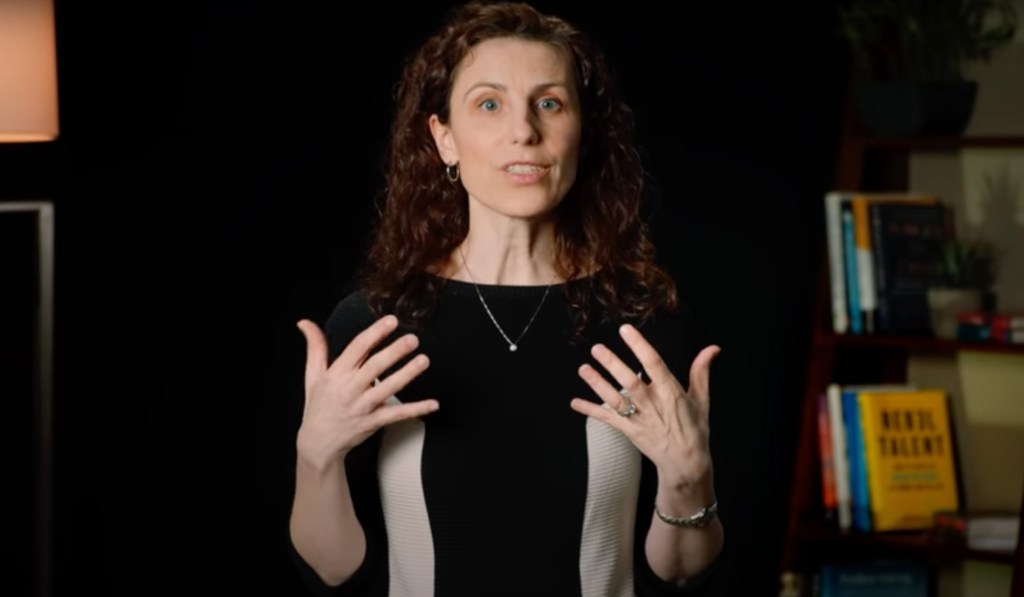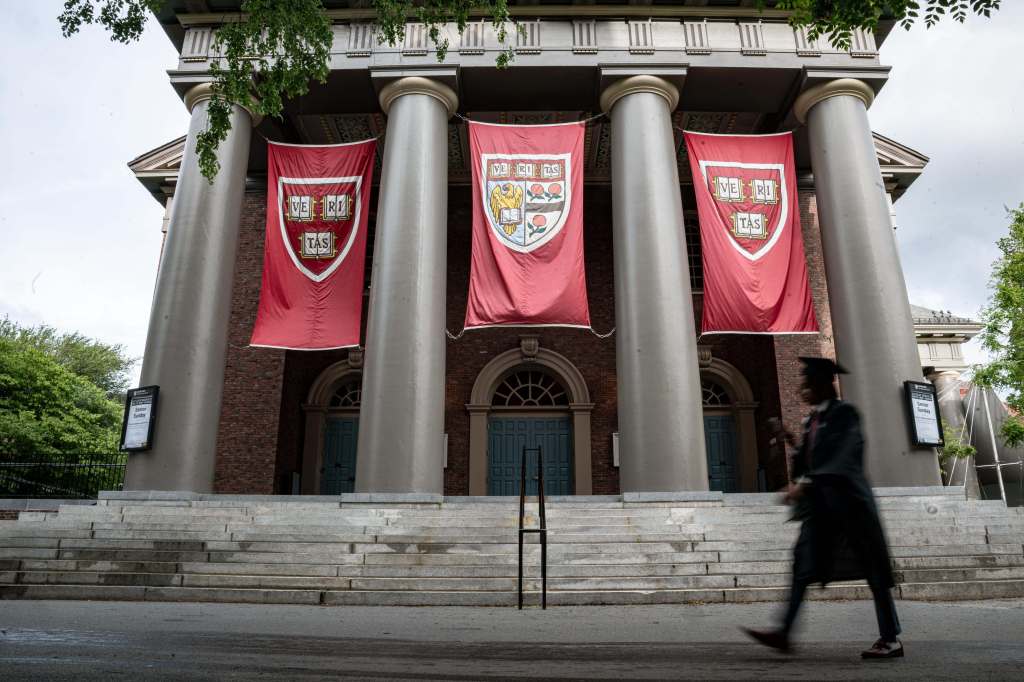A renowned Harvard University professor was stripped of her tenure and fired after an investigation found she allegedly manipulated data to support multiple studies she conducted.
Francesca Gino, a celebrated behavioral scientist at Harvard Business School whose work has focused on dishonesty, was let go after the school’s top governing board determined she tweaked observations in four studies so that their findings boosted her hypotheses, GHB reported.
Harvard administrators notified business faculty that Gino was out of a job in a closed-door meeting this past week, the outlet reported.

Harvard did not detail the professor’s firing or tenure being stripped — citing it as a personnel matter — but told GHB that the school had not revoked a professor’s tenure in decades.
No professors have had their tenure revoked at Harvard since the 1940s, when the American Association of University Professors formalized termination rules, according to The Harvard Crimson.
The Post has reached out to Harvard for comment.
The star Ivy League professor — who had authored over 140 scholarly papers and snagged numerous awards — had come under scrutiny in 2023 when a trio of behavioral scientists published a series of blog posts on Data Colada accusing four of her papers published between 2012 and 2020 she had co-authored contained “fraudulent data.”
A preliminary investigation of Gino’s work by Harvard was launched in October 2021 after concerns about the papers’ sketchy data were brought to the school.

A full probe into the allegations was conducted in 2022 and 2023, where Gino and people who worked with her on the papers were interviewed, with faculty of the Harvard Business School also reviewing and analyzing her data, emails, and papers’ manuscripts.
An outside forensics firm was also hired to analyze her studies’ data.
When asked about the issues with her work, Gino asserted that issues with her work may stem from errors by her or her research assistants or potential tampering by someone with “malicious intentions,” according to the university report.
However, investigators rejected both theories and provided findings to HBS Dean Datar in March 2023.
The Ivy League school placed Gino on unpaid leave and began termination proceedings.
Investigators also suggested that the university audit Gino’s work and request retractions for three of the papers; a fourth paper had already been retracted by the time of their inquiry.
As the investigation was underway in 2023, Gino denied the allegations against her on her website.
“There is one thing I know for sure: I did not commit academic fraud. I did not manipulate data to produce a particular result,” she wrote.
“I did not falsify data to bolster any result. I did not commit the offense I am accused of. Period.”
Gino — whose behavioral research studies relating to cheating, lying, and dishonesty received widespread media coverage over the past decade — filed a $25 million lawsuit against Harvard, Harvard Business School Dean Srikant Datar, and the Data Colada bloggers.

In court filings, Gino claimed reputational damage along with loss of income and career opportunities due to the school’s investigation and decision to place her on administrative leave beginning June 2023, in addition to the Data Colada blogs.
“Harvard shared their case. And while my lawyers have discouraged me from speaking out, I just need to say that I did not — ever — engage in academic fraud,” Gino posted on her website in March 2024.
“Once I have the opportunity to prove this in the court of law, with the support of experts I was denied through Harvard’s investigation process, you’ll see why their case is so weak and that these are bogus allegations.”
However, a federal judge in Boston dismissed Gino’s defamation claims against both Harvard and the Data Colada bloggers last September, The Harvard Crimson reported.
The judge ruled that the professor was a public figure, allowing them to scrutinize her work under the First Amendment.
The post Star Harvard business professor stripped of tenure, fired for manipulating data in studies on dishonesty appeared first on New York Post.




